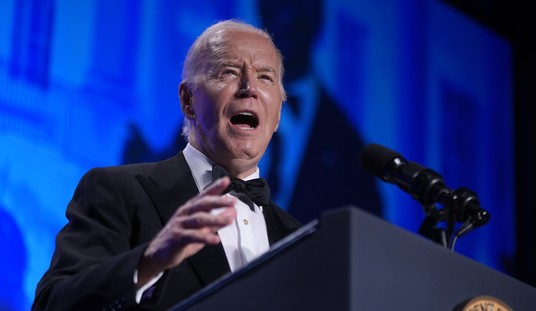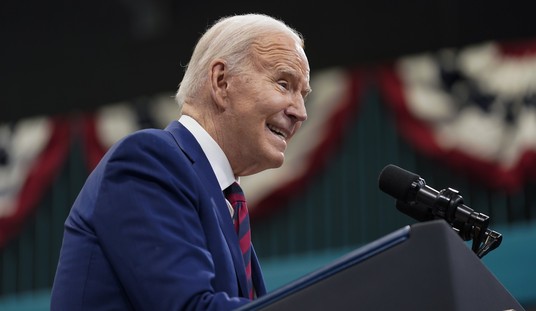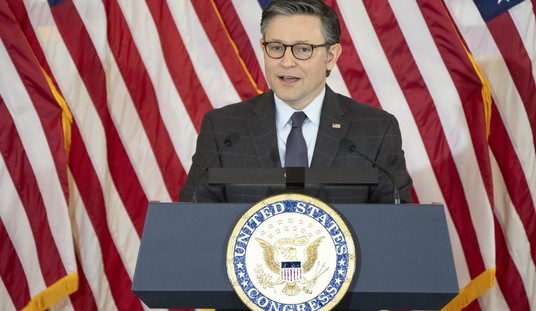It has been ten years since Fannie Mae and Freddie Mac (the GSEs) were seized by the U.S. government and placed into bankruptcy-style conservatorship – a move that was only supposed to be temporary as the housing market stabilized. Conservatorship has, however, endured with no clear end in sight, and the GSEs have increasingly maneuvered to entrench themselves further into the housing finance system and continue the status quo.
The GSEs’ moves to expand their presence in the housing market have been systematically unilateral and unaccountable to any higher authority. The GSEs’ actions not only hurt any chance of real housing finance reform in the future, but their moves could also return the U.S. to the troublesome sub-prime lending environment of the past. In fact, only recently both Fannie and Freddie have sought to brazenly loosen standards implemented after the housing bust, increase risk in various ways (such as relaxing “debt-to-income” (DTI) requirements), and creep into new areas of the market like rental housing, among other irresponsible acts. This will be devastating for U.S. taxpayers, the housing market, and the economy writ large.
This week, the GSEs’ regulator – Director Mel Watt of the Federal Housing Finance Agency (FHFA) – will appear before the U.S. Senate Banking Committee to discuss the last 10 years of conservatorship. Director Watt’s hearing comes only weeks after a House Finance Services subcommittee hearing with the FHFA Inspector General, who was peppered with questions about the oversight (or lack thereof) of the GSEs – particularly with regards to excessive spending on Fannie Mae’s new $700 million headquarters (which includes a $250,000 chandelier) and GSE lobbying (despite the GSEs being banned from engaging in such political activities after they were bailed out and placed into conservatorship).
While the excessive and wasteful spending at the GSEs has been generally well-documented in the last few years, the GSEs’ illegal lobbying has mostly escaped the public eye. However, Bloomberg reported only days ago that a high ranking Fannie Mae employee has been intentionally violating the GSE’s government prohibition on lobbying through a series of secret meetings to remove the failed mortgage giant from federal oversight. “Before the crisis,” Bloomberg reports, “Fannie and Freddie commanded two of the most well-funded lobbying apparatuses in Washington. In addition to employing dozens of lobbyists, the companies funneled contributions to nonprofits and think tanks and pressured policy makers to abandon potential regulations or laws the companies thought would constrain them.”
The true number of GSE employees engaging in these illegal shenanigans is unknown to this date and could remain hidden from the public since the GSEs are not subject to the Freedom of Information Act (FOIA), despite nearly all other entities under government control and/or supervision.
Congress should not and cannot tolerate this behavior, which flies in the face of the law. At the upcoming Senate hearing, Senators must demand to know what the current leaders at the FHFA plan to do to enforce the GSE ban against lobbying. Fortunately, some members of Congress have already taken action.
Rep. Jeb Hensarling (R-TX), Chairman of the House Financial Services Committee, announced the launch of an investigation in light of these allegations to “identify those responsible and hold them accountable to taxpayers.” The powerful Chairman said in his statement initiating this investigation:
“When Fannie Mae went broke, it came begging taxpayers for what has turned out to be $120.836 billion in federal bailouts so far. As a condition of receiving those funds, Fannie Mae was explicitly prohibited from engaging in ‘all political activities—including all lobbying,’ a prohibition which it is now being reported Fannie has deliberately violated. If true, this violation is more than an outrage, it is a direct affront on taxpayers and the current structure of the federally-back conservatorship that has allowed Fannie Mae to operate for the last decade. It is a slap in the face of taxpayers that Fannie Mae thinks it can take their money and blatantly ignore the rules that came with it. The American people deserve better.”
You’ve got to love “the Swamp.” Fannie Mae and Freddie Mac get bailed out by hard-working American taxpayers, a new regulator is created to act as prison warden and make sure the GSEs behave responsibly, and then over the course of a decade the regulator becomes captive and ineffective – with a serious case of Stockholm Syndrome. Congress’ efforts to shine light on the abuses and failings of the GSEs, and its willingness to demand stronger oversight from the FHFA, are welcome and will only help to provide important information to the public.
Let’s hope that 10 years later, someone, somehow, can pump the brakes on Fannie and Freddie’s non-transparent, unilateral, and unaccountable moves. The FHFA is clearly unwilling or unable. The GSEs have gone off the rails, and taxpayers need to see Fannie and Freddie reined-in. Without action on this, or addressing real housing finance reform generally, the American people and federal government will continue to be at risk – just like they were during the heyday of sub-prime lending and the ensuing financial catastrophe. Fortunately, next year when Director Watt’s term expires, President Trump will have an opportunity to install his own FHFA director – someone who can truly watch over the GSEs and keep them in check.














Join the conversation as a VIP Member